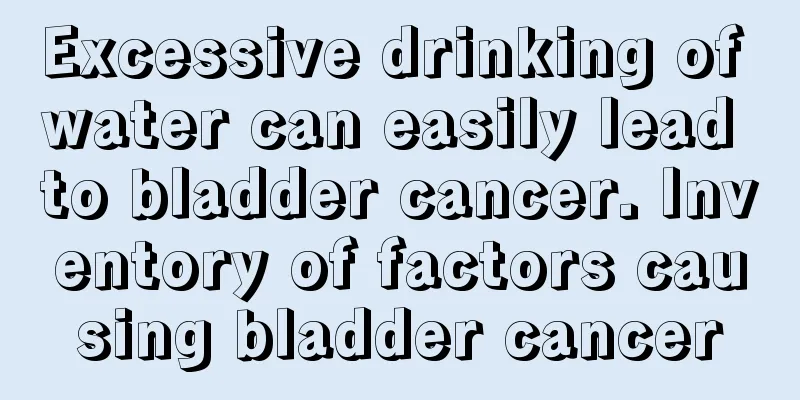What should I do if I have a fever the next day after getting a vaccination

|
From childhood to adulthood, people need to get a lot of vaccinations. People with good physical constitution will not have any special symptoms after vaccination. Some people may experience a low-grade fever, which is normal and there is no need to worry too much. It will heal on its own in a couple of days, but you can't ignore this situation. You can apply a cold towel to your forehead to help cool you down. If the fever does not subside, you need to go to the hospital for a check-up. Having a fever after getting a vaccination is a very worrying problem, especially for some babies who get vaccinations frequently, and they are most likely to have a fever after getting a vaccination. Experts point out that various vaccinations are made with added pathogens or their toxins, which will cause certain irritation to the human body. Therefore, local or systemic adverse reactions may occur after vaccination. 1. A low fever after vaccination is a relatively common situation. It usually subsides on its own after 1-2 days, so no special treatment is required. However, you should pay attention to various life care measures. For example, you should wear less clothes when you have a fever to dissipate heat and reduce the temperature. Especially when a child has a fever after vaccination, parents must not wrap the child tightly to prevent the child's temperature from getting higher and higher or delay the fever reduction time. Secondly, you can also use some physical methods to lower the body temperature, such as taking a warm bath or wiping the body with warm water, applying cold wet compresses on the head, etc. The simplest and most direct way to reduce fever is to buy a cooling patch, which can be applied to the baby's forehead or cervical spine. Generally, each patch can continuously reduce the temperature for 12 hours. 2. However, there are a few people whose bodies react more strongly after vaccination, and their body temperature may exceed 39°C, accompanied by systemic reactions such as nausea, vomiting, and loss of appetite. At this time, you should take antipyretics under the guidance of a doctor, rest more, maintain a light diet, and pay special attention to replenishing adequate water. If you still have a fever after 2-3 days, you should take it seriously. It may be a secondary infectious disease caused by the vaccination. It is best to go to the hospital for treatment in time. |
>>: How to fry sweet potatoes deliciously and simply
Recommend
There is a black lump in the ear
The ears help people hear sounds from the outside...
The best and safest type of contraceptive pills
Nowadays, many young couples do not want to have ...
Introduction to the treatment of Kashin-Beck disease
The treatment of osteomalacia should pay attentio...
How to prevent prostate cancer through diet? Which foods can prevent prostate cancer?
Prostate cancer is a serious cancer that mainly o...
What is the reason for coughing and bleeding in late stage lung cancer
Coughing up blood is a common symptom of lung can...
Can breast cancer patients eat sauerkraut?
After suffering from breast cancer, you need to p...
Can eating more fish reduce the risk of liver cancer? Dietary principles for liver cancer prevention
A research team from the National Cancer Center c...
What complications are likely to result from advanced lung cancer
What complications are likely to result from adva...
Bad teeth and bad breath
If the tooth roots are damaged, it can cause seve...
How many methods of ligation are there now?
In the life of both sexes, contraception is alway...
How to better prevent liver cancer? Four major prevention methods to stay away from liver cancer
Liver cancer is a malignant tumor disease that ev...
What to use to remove scale
After people use an electric kettle to boil water...
How to clean clothes with ink
Many friends will accidentally get ink on their b...
Is bleeding in the stool anal fissure? What other diseases could it be?
Many friends will find some blood when defecating...
Detailed explanation on what to do if your hair is very oily
Some friends hate their hair because it is very o...









